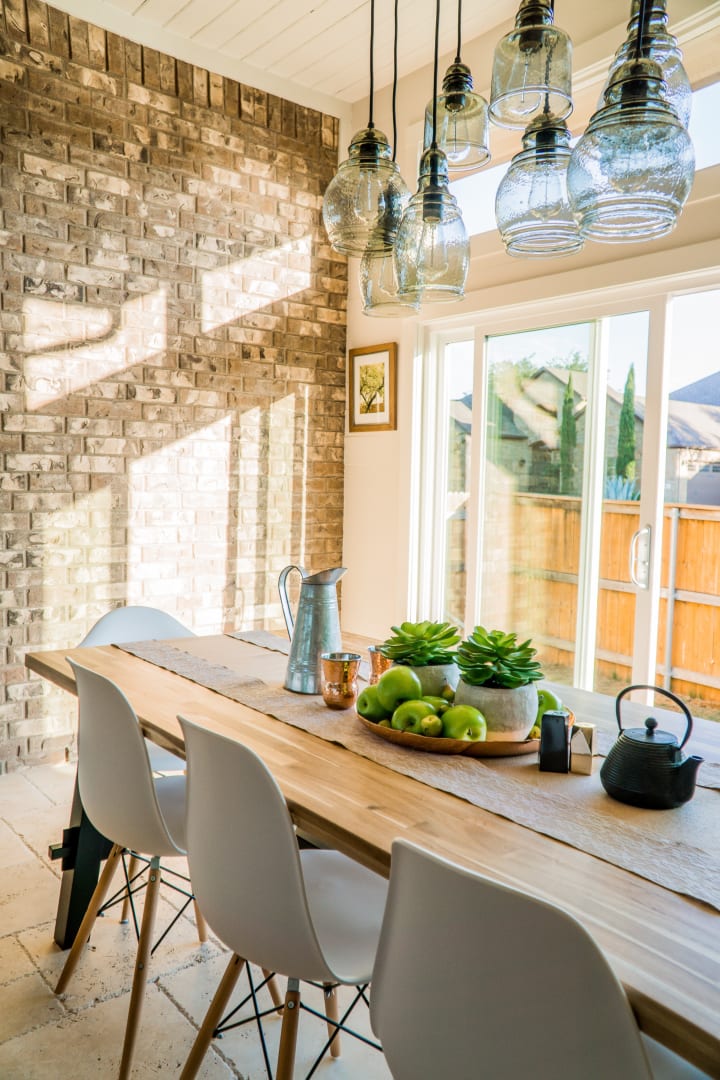The Power Of Subtlety: Understanding The Unique Traits Of Supine Personality
Are you familiar with supine personality?

Supine personalities have a set of characteristics that set them apart from others. These people are recognized for their calm and reserved demeanor, preferring to watch rather than actively participate in social situations. Understanding the complexity and strengths of various personalities can lead to more effective communication and interactions. In this article, we will dig into the interesting realm of supine personalities, analyzing their features, abilities, challenges, and practical methods for properly communicating with them.
Supine Personality Traits and Characteristics
Supine personalities exhibit a variety of distinguishing traits. They are typically introverted people who value deep ties and lasting partnerships. They are empathic, caring, and highly sensitive to other people’s feelings. Supine personalities are great listeners, and they frequently provide a secure space for others to share their thoughts and feelings. They have an innate ability to comprehend and help those around them.
Their guarded demeanor, on the other hand, can be misinterpreted as timidity or disinterest. Supine people may struggle with assertiveness and find it difficult to articulate their own wants and desires. They prefer to avoid conflict and keep their relationships harmonious. These personality qualities are crucial to understand and appreciate since they add to the complexity and diversity of our interpersonal dynamics.
Understanding the Supine Personality’s Strengths
Supine personalities have a number of advantages. Their empathy enables them to connect closely with others, providing true support and understanding. They are exceptional at providing a caring and serene environment that fosters a sense of comfort and security. Supine people are frequently loyal and trustworthy, making them ideal team players and friends.
They are good counselors, therapists, or mediators because of their capacity to listen attentively and create a non-judgmental space for expression. Supine personalities are also adept at recognizing the needs of others and devising innovative solutions to difficulties. Their fastidious nature and attention to detail contribute to their success in tasks that require precision and accuracy.
Supine Personalities Face Difficulties
While supine personalities have many qualities, they also confront some difficulties. Their reserved demeanor and dislike of conflict might lead to feelings of being overlooked or taken for granted. Supine people may struggle to assert themselves and fight for their own demands, jeopardizing their own development and well-being.
Furthermore, supine personalities may struggle to deal with criticism or rejection. Their sensitivity to other people’s emotions can make them feel overwhelmed or uneasy in difficult situations. To safeguard their emotional well-being, supine people must learn healthy coping techniques and set limits.
Supine Personalities: How to Communicate Effectively
It is critical to be patient and empathetic when communicating with supine personalities. Consider the following suggestions:
Active Listening: Show real attention by engaging in active listening. Allow them the time and space to completely express themselves without interruption.
Validate Their Emotions: Recognize and validate their emotions. Create a safe environment for open and honest dialogue by demonstrating empathy and understanding.
Supine personalities may need more time to comprehend information and make decisions. Allow them to take their time, and avoid pushing or forcing them.
Provide Explicit Instructions: Be explicit in your instructions or expectations. For certain people, ambiguity or vagueness can cause anxiety or confusion.
Encourage Self-Expression: Allow children to voice their ideas and opinions. Create a non-judgmental environment in which people can share their views.

Relationship Development with Supine Personalities
Building and fostering relationships with different personalities involves a comprehension of and appreciation for their distinct characteristics. Here are some techniques for building stronger bonds:
Make a Safe Space: Create an atmosphere of trust and acceptance. Supine personalities thrive when they feel secure enough to be vulnerable and honestly express themselves.
Respect Their Boundaries: Recognize and honor their desire for personal space and privacy. Avoid putting kids in awkward circumstances or expecting immediate reactions.
Express your gratitude and admiration for their contributions and support. Supine people value acknowledgment and respect.
Avoid Overwhelming Them: Avoid overburdening them with too many social events or obligations. Allow them time to rest and absorb their feelings.
Engage in Deep and Meaningful talks: Allow them to explore their thoughts and feelings by engaging in deep and meaningful talks. In their interactions, supine personalities prioritize quality over quantity.
Opportunities and Career Paths for Supine Personalities
Supine personalities have a variety of skills and characteristics that can be channeled into a variety of job areas. Here are some places they can thrive:
Counseling and Therapy: Supine people succeed in professions requiring empathy, active listening, and support. Counseling and therapy allow them to assist others in navigating their emotions and concerns.
Supine personalities are well-suited for mediation and conflict resolution positions due to their ability to understand diverse perspectives while maintaining harmony.
Supine people’s attention to detail and thorough nature make them helpful in research and analysis domains where precision and accuracy are critical.
Creativity & the Arts: Many supine people have a strong appreciation for creativity and the arts. Pursuing employment in literature, music, painting, or design allows them to use their natural abilities.
Supportive Roles: Supine people flourish in roles that allow them to help and uplift others. Administrative positions, customer service, and caregiving responsibilities are examples of these.
Supine Personalities’ Self-Care
Supine personalities require self-care to function properly. They can incorporate the following self-care routines into their lives:
Establish Clear Boundaries: Set clear boundaries to preserve their emotional and mental well-being. Learn to say no when necessary and prioritize your own well-being.
Mindfulness activities: To calm the mind and lessen anxiety, engage in mindfulness activities such as meditation or deep breathing exercises.
Engage in Hobbies: Make time to do things that bring you joy and fulfillment. Investigate hobbies or artistic outlets that allow you to express yourself.
Connect with Nature: Spend time in nature to replenish your batteries and find serenity. Nature soothes supine types and helps them restore their energies.
Seek Help: Seek advice and help from reliable friends, family, or experts. Supine personalities may benefit from counseling or therapy in order to efficiently handle their emotions and obstacles.
Supine Personalities’ Self-Confidence Building
For passive types, developing self-confidence is a journey. Here are some approaches they can take:
Recognize talents: Recognize and celebrate personal accomplishments and talents. To improve self-confidence, consider past triumphs.
Set Achievable Goals: Create goals that are both practical and reachable. Breaking down huge goals into smaller, more doable tasks can give you a sense of success and boost your confidence.
Challenge Your Comfort Zones: Take small steps out of your comfort zone and accept new experiences. Every small move you make can help you gain confidence.
Self-compassion entails being kind and sympathetic to oneself. Replace negative self-talk with positive self-talk and affirmations.
Celebrate Progress: Celebrate any and all progress. Recognize personal development and improvement as evidence of inner strength and perseverance.
Supine Personalities: Accepting and Celebrating
Supine personalities enrich our world. Their distinct characteristics, while sometimes misunderstood, provide a new perspective and contribute to society’s smooth operation. We can establish better connections, communicate more effectively, and create inclusive settings where everyone can thrive by learning and embracing the strengths and problems faced by diverse types.
Remember that accepting and celebrating diverse personalities is important not just for their own well-being, but also for the collective growth and development of our communities. Let us respect and appreciate the subtlety that supine personalities bring to our lives.
About the Creator
Abby blasius
I am a passionate content creator with a strong focus on health and wellness. While my educational background lies in a Bachelor of Accounting and Finance, it is my innate desire to help people feel good about themselves in mind, body&soul






Comments
There are no comments for this story
Be the first to respond and start the conversation.